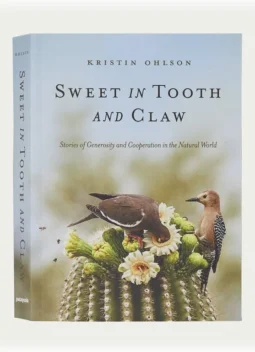 Sweet in Tooth and Claw (start time: 0:59) Since the 1800s, science has been obsessed with the notion, stemming from Charles Darwin’s theory of evolution through natural selection, that only the “fittest” can survive and pass on their strong genes. As in, it’s a ruthless, violent world. And today, we humans find ourselves mired in a hyper-polarized society fixated on competition, disruption, and “If you win, I lose” thinking. A good time to take a look at a different way of living together–how a “kinder, gentler” approach also helps species evolve. In this week’s show, Susan Moran interviews journalist/author Kristin Ohlson, whose most recent book, Sweet in Tooth and Claw: Stories of Generosity and Cooperation in the Natural World, was recently released in paperback by Patagonia Works.
Sweet in Tooth and Claw (start time: 0:59) Since the 1800s, science has been obsessed with the notion, stemming from Charles Darwin’s theory of evolution through natural selection, that only the “fittest” can survive and pass on their strong genes. As in, it’s a ruthless, violent world. And today, we humans find ourselves mired in a hyper-polarized society fixated on competition, disruption, and “If you win, I lose” thinking. A good time to take a look at a different way of living together–how a “kinder, gentler” approach also helps species evolve. In this week’s show, Susan Moran interviews journalist/author Kristin Ohlson, whose most recent book, Sweet in Tooth and Claw: Stories of Generosity and Cooperation in the Natural World, was recently released in paperback by Patagonia Works.
Host/Producer: Susan Moran
Engineer: Jackie Sedley
Executive Producer: Joel Parker
Listen to the show here:
Podcast: Play in new window | Download (Duration: 27:04 — 37.2MB)
Subscribe: RSS



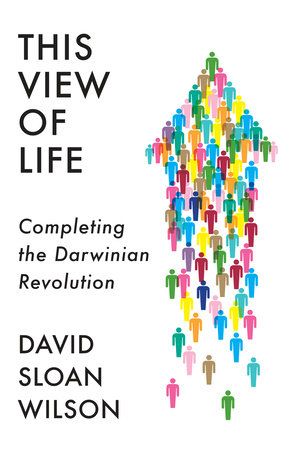


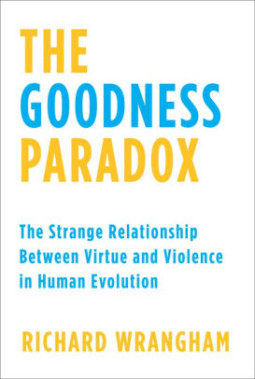
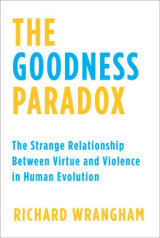 The Goodness Paradox (Teaser): Today’s spring pledge-drive show features brief clips from a recent interview with
The Goodness Paradox (Teaser): Today’s spring pledge-drive show features brief clips from a recent interview with 
 On today’s spring pledge-drive show we offer segments of two feature interviews. See extended versions also below. Both books are available to those who pledge at least $60 to KGNU. Call 303.449.4885 today.
On today’s spring pledge-drive show we offer segments of two feature interviews. See extended versions also below. Both books are available to those who pledge at least $60 to KGNU. Call 303.449.4885 today.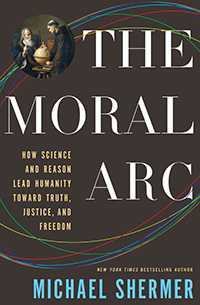 The Moral Arc (start time: 13:21) Author and renowned skeptic Michael Shermer talks with How On Earth contributor Shelley Schlender about his
The Moral Arc (start time: 13:21) Author and renowned skeptic Michael Shermer talks with How On Earth contributor Shelley Schlender about his 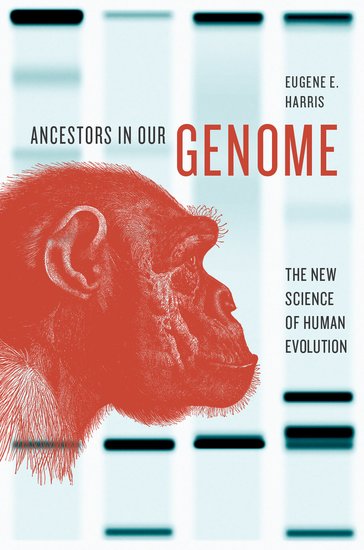
 We speak with
We speak with 
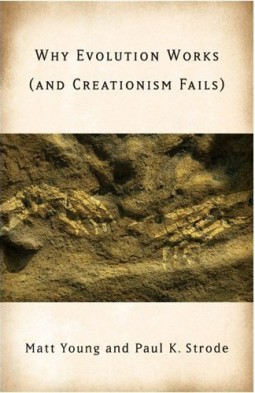

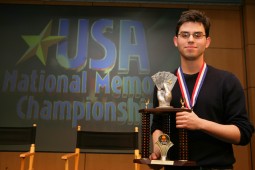 Remembering Everything” (the full interview can be found
Remembering Everything” (the full interview can be found